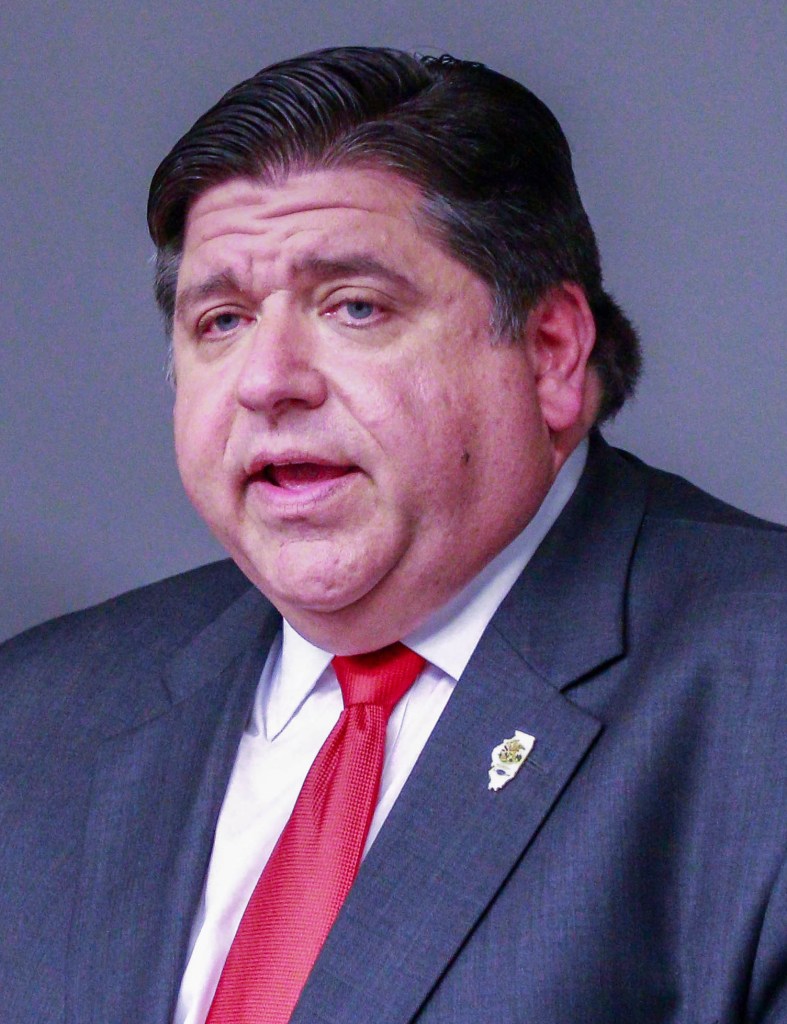Illinois Gov. J.B. Pritzker (D) announced on Wednesday that the Illinois Housing Development Authority (IHDA) will be restarting the state’s Homeowners Assistance Fund (HAF) program designed to provide financial relief to homeowners who have experienced a hardship stemming from the COVID-19 coronavirus pandemic.
The program – which is available to the state’s reverse mortgage borrowers – provides up to $30,000 in mortgage assistance to eligible homeowners. The funds are paid directly to the servicer, tax authority or “other approved entity,” while homeowners work to stabilize their financial situations.

“Whether homeowners have a mortgage, a reverse mortgage, or are mortgage-free, the program can fund past due housing payments and up to three months of prospective mortgage payments,” the announcement reads.
Homeowners who received a prior round of assistance are eligible for additional funds in this instance, however their total financial relief cannot total more than $30,000, the announcement said.
“No Illinoisan should have to choose between paying their mortgage and putting food on the table,” said Gov. Pritzker in a statement. “That’s why we established the Illinois Homeowner Assistance Fund to provide some much-needed relief to our residents who struggled throughout the pandemic. Today, I am proud to announce that we are reopening that very program so that no Illinois family goes without a roof over their heads. I encourage every eligible household to apply for ILHAF funding starting November 1, and I thank the entire Illinois Housing Development Authority team for their leadership.”
The Homeowners Assistance Fund was made possible by the passage of the American Rescue Plan Act in March 2021, the first major economic recovery legislation signed into law by President Joe Biden. While reverse mortgage servicing professionals have lauded the availability of the funds, the nature of their disbursement to individual states to then dole out relief to their residents has been slow-going.
According to local press in the state of Michigan, for instance, program availability is only just now rolling out to homeowners in Mecosta, Osceola and Lake counties. However, there are other indications that the state programs do not uniformly support reverse mortgage borrowers according to a counseling professional who spoke with RMD.
Certain other states have closed their online application portals for HAF relief because they expect that the allocated money has already been exhausted, according to National Consumer Law Center Attorney Sarah Bolling Mancini in a recent presentation about reverse mortgage counseling. Barriers also exist among states which still offer HAF relief applications since many do not adequately publicize the qualification of reverse mortgage borrowers, and the entirely online process of a HAF application may also serve as a barrier for reverse mortgage borrowers who were at least age 62 at the time their loan was originated, she said.
“HAF is not going to entirely solve this problem,” Mancini explained. “But we do especially want our housing counseling community to tell people about HAF. And if you interact with a reverse mortgage borrower who’s at risk of foreclosure, you should think of HAF. This is one of the most important things I wanted to convey is that that is an important solution.”
Visit the ILHAF website.





